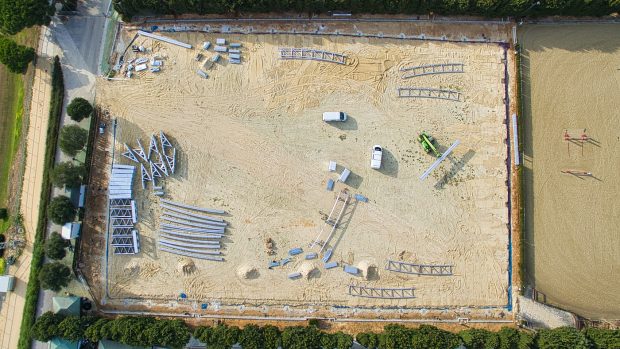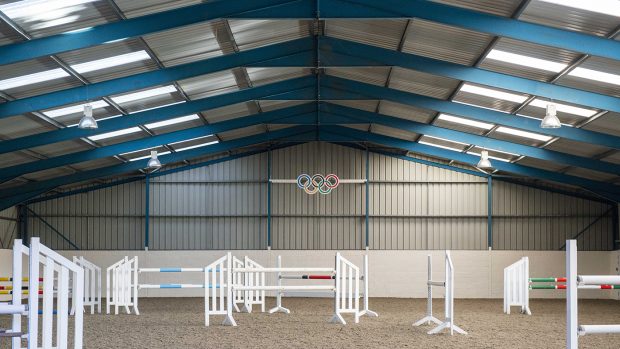Q: Have any other readers experienced an invasion of bees/wasps in an arena? This year, our arena has been invaded by approximately 2,000 of them. These insects burrow down into the sand and lay their eggs. The problem has been compounded by a second invasion of predator wasps that have killed many of the bees, eaten their larvae and taken over their nests. Despite frequent harrowing, we’ve not been able to get rid of the mounds, making use of the arena impossible. I have been unable to find a pest controller who can help. Any advice would be most welcome, as our horses are seriously underexercised due to the hard ground.
LH, West Sussex
We had never heard of such a problem before, but we contacted the Sussex Beekeepers’ Association (tel: 01580 860379 www.sussexbee.org.uk ), which is affiliated to the British Beekeepers Association, and offers information on bees and assistance with their removal.
Its members ask people not to kill bees — they are a protected species — and it has regional swarm co-ordinators, who help anyone with a problem with swarms or unwanted bees.
We suggested that you contact your local officer, Bill Gebbett, who visited your premises that evening. He confirmed that your infestation was with Mason bees, which are not harmful to humans — their sting is so weak that it’s effective only on other insects, not people or horses. He also agreed that the situation had been worsened by the arrival of predator wasps.
One remedy for unwanted bees is to dig up their nests at night and take them to a location where they will not bother humans. However, with solitary bees, who each make individual nests, this would be a massive task. There is a fee for removal of nests, and bees are still likely to return next year, so he advised trying to ignore them until they die out in September.
We understand that you started using your arena the next morning, and were able to exercise your horses there without any problem before setting off for Hartpury later in the day.
Information
For more information on bees, contact the British Beekeepers Association
Tel: 02476 696679 www.bbka.org.uk
This Q&A was first published in Horse & Hound (17 August, ’06)



